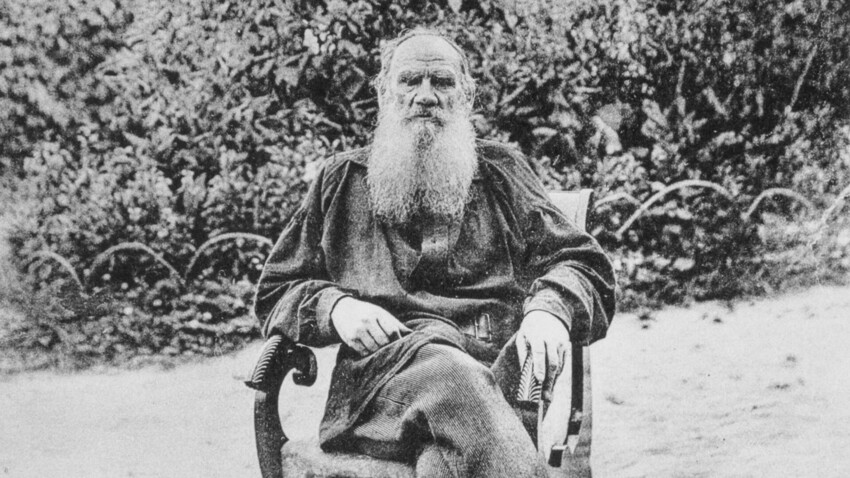
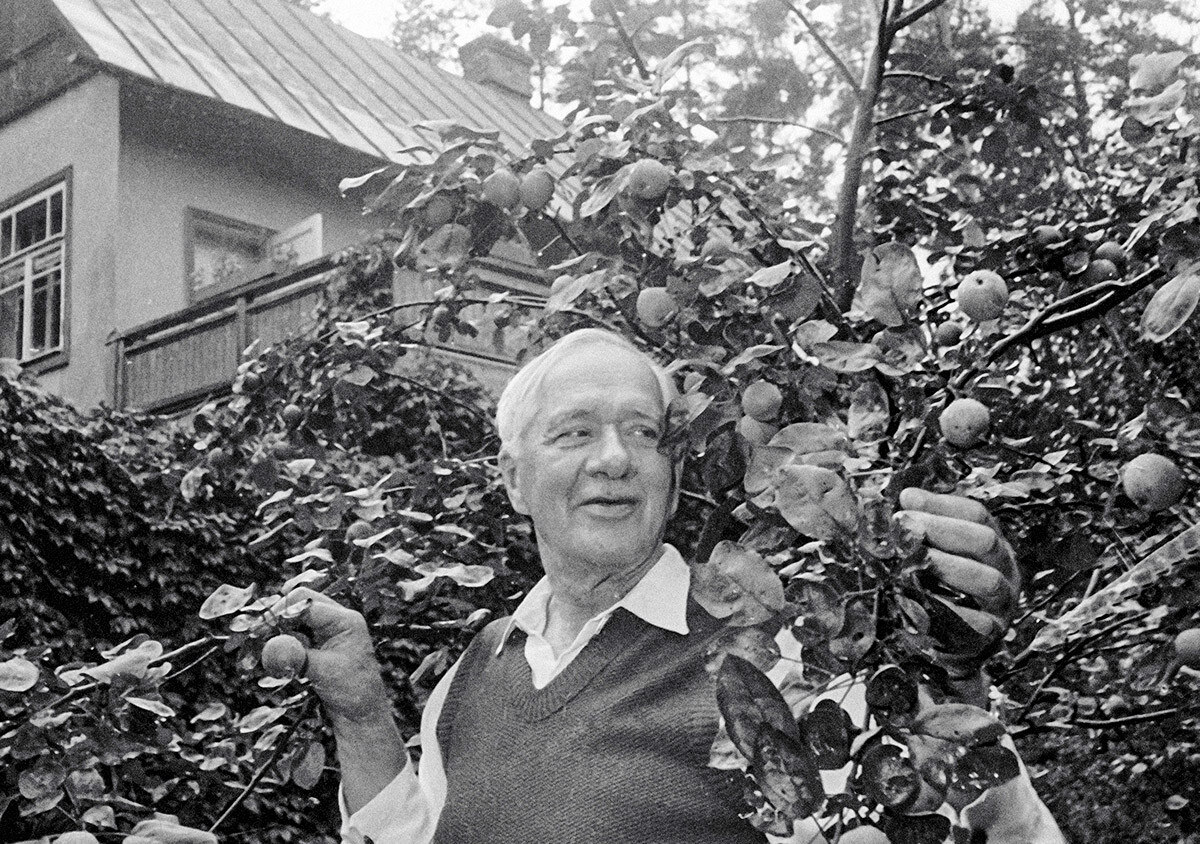
When the weather is good outside, most of all, you want to go for a walk. Writers were both happy about the summer and sad that they couldn’t afford to give up working on their next book. But, the temptation was there. "Suddenly, summer has come and I feel drawn away from books, from thoughts, from work in the garden. This is very unpleasant and I want to at least tie myself to the table and not give up," admitted Korney Chukovsky.
"Now, it's summer and a lovely summer and I am, as usual, overwhelmed with the joy of carnal life and forget my work. This year, I struggled for a long time, but the beauty of the world defeated me. And I enjoy life and do almost nothing else," wrote Leo Tolstoy.
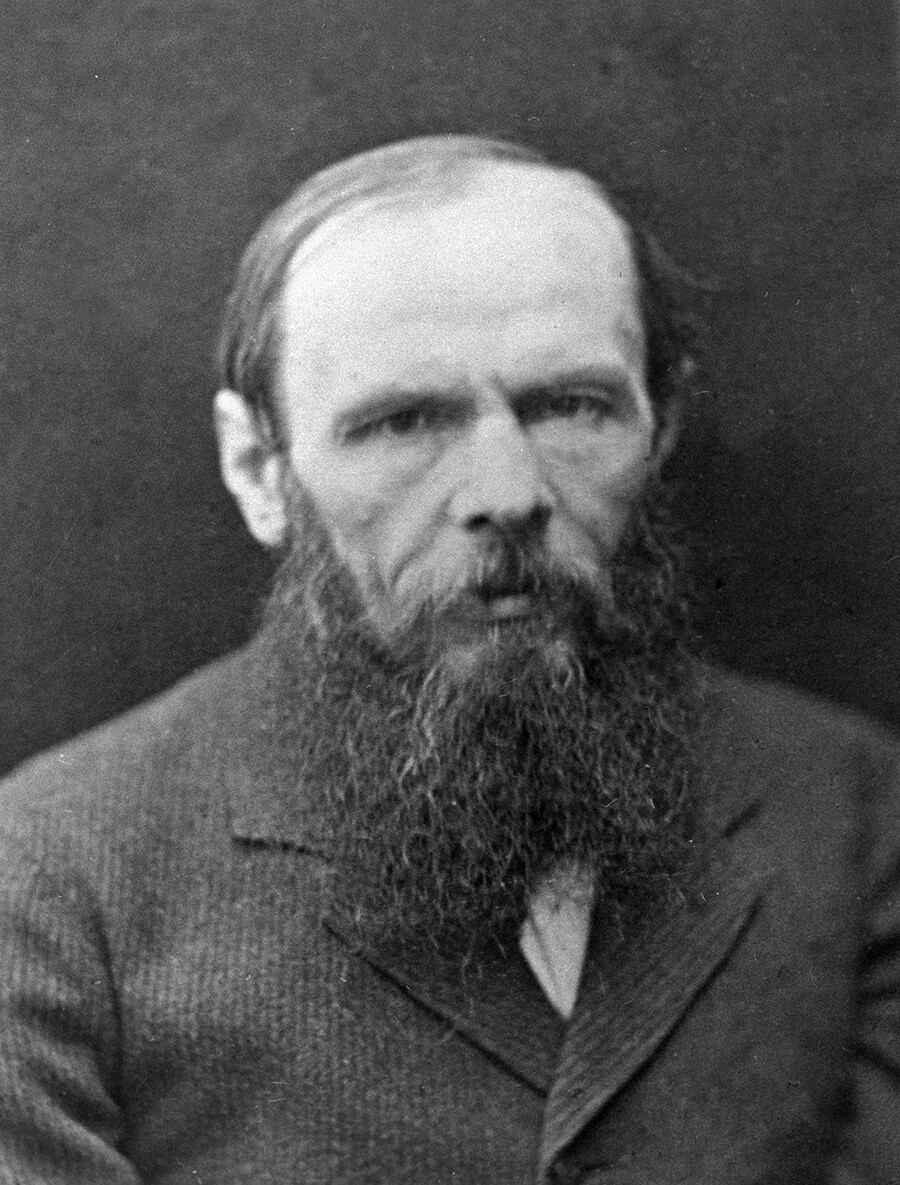
Summer for many was associated, of course, with trips to the sea and travel. They dreamed of a carefree vacation and hoped to get on the road as soon as possible with the onset of heat. Fyodor Dostoevsky wrote: "My health is terribly upset; I am sick with nerves and am afraid of fever. I cannot live decently, I'm so dissolute. If I cannot swim in the sea in the summer, then it’s just a disaster!”
Mikhail Saltykov-Shchedrin was worried whether he would have a summer vacation. "My vacation, it seems, will not take place; if I am not given this business trip, about which I wrote to you, then, in the summer, it will be decisively impossible for me to go to the village, because all business must be done mainly in the summer; if I do not have any special assignment, I will certainly ask for leave."
Korney Chukovsky made plans: "By June, we will learn to read English books, we will get a boat. May on the boat, June and summer, in general, somewhere in the depths of the Caucasus, I’d like to gather some money and go there! And in order to get money, you have to work. How, where, what? I don't know. But I know that we won't be lost.”
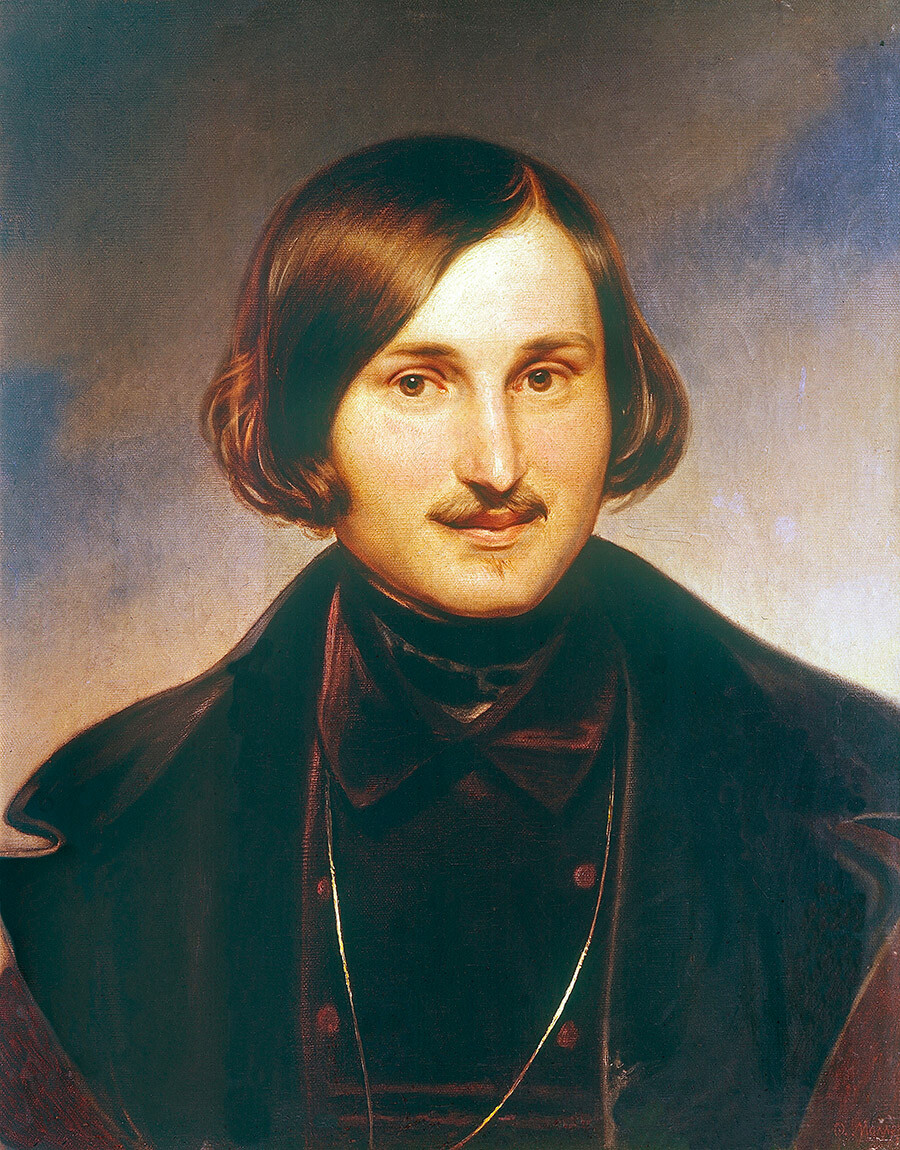
Nikolai Gogol insistently urged people to leave the city in the summer. "I'm sorry if you spend the summer in Moscow. A change is necessary for you, as for any person who has spent the winter in Moscow. I'm sorry if you don't have a dacha, a pond with fish, a forest and roads to entice you to walk. For God's sake make your summer does not feel like winter," he wrote.
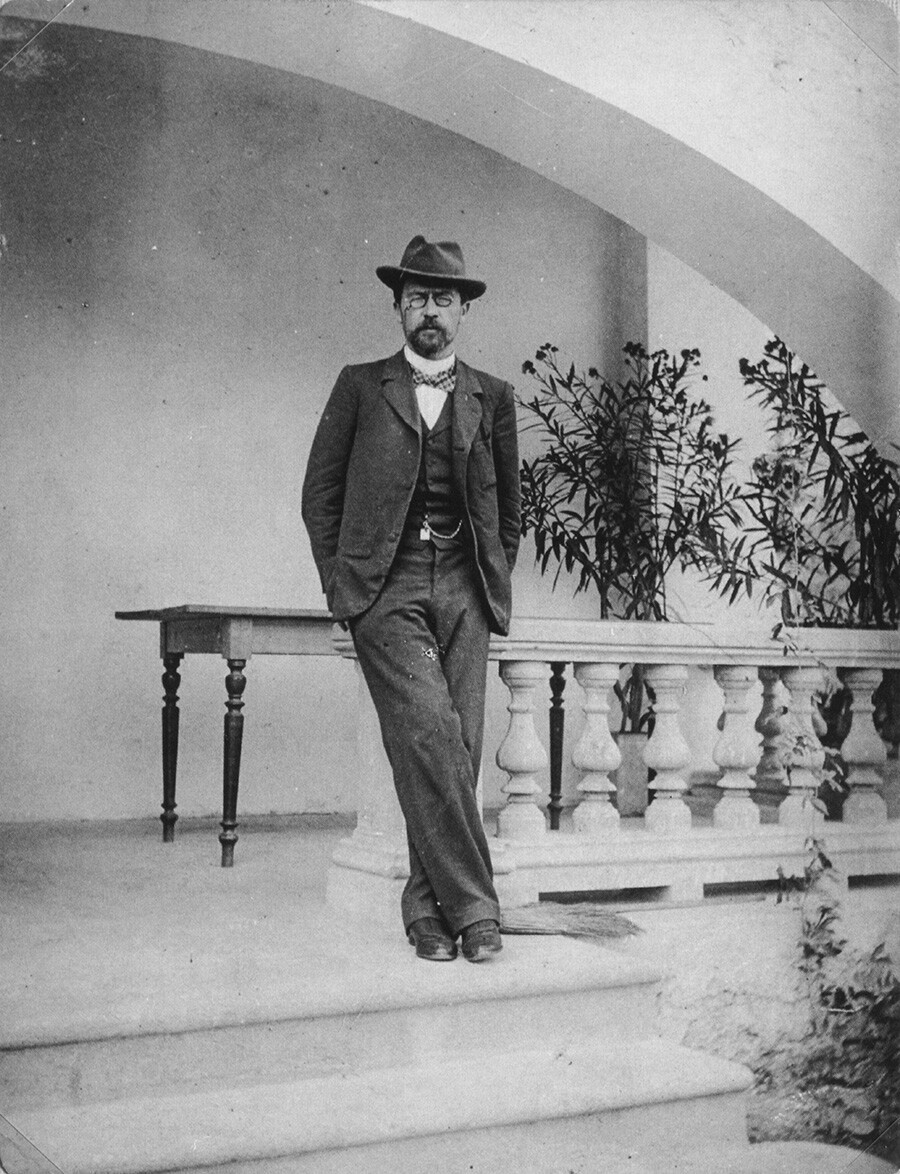
Thoughts about changing places overwhelmed Anton Chekhov: "You know what? Let's write a novel this summer! Let's take a lot of money and go somewhere to the woodsman."
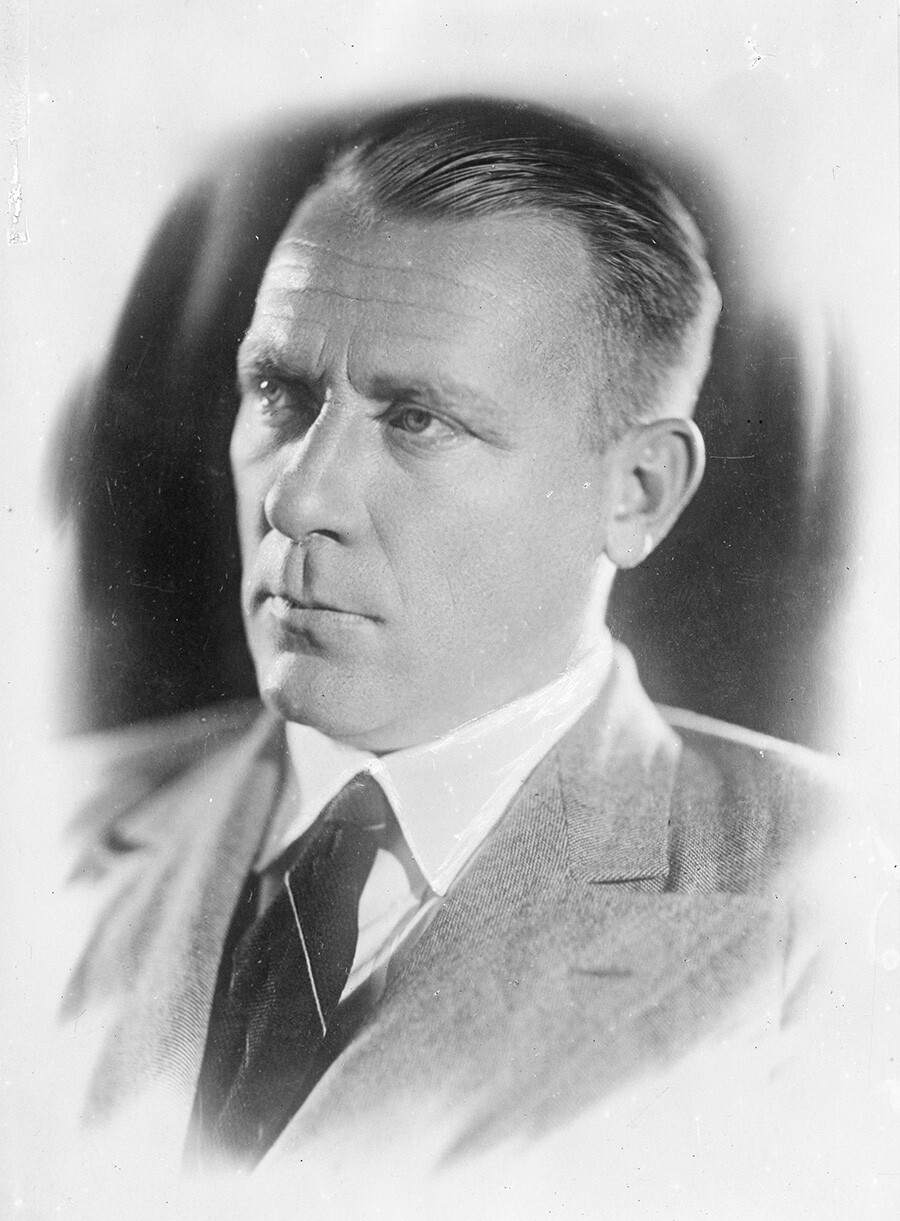
However, summer did not always bring good weather. Prolonged rains and cold temperatures did not contribute to a good mood. Bulgakov shared his observations: "The Summer of 1923 in Moscow was exceptional. Not a day goes by without rain, sometimes several times. In June, there were two famous downpours, when the Neglinny [Street] sidewalk collapsed and the pavements were flooded. Today, there was something similar - a downpour with large hail. Life continues to be chaotic, fast and nightmarish."
"We've had a nasty summer. Rarely a day went by without rain. I remember only one hot week, but the rest of the time I had to wear an fall coat and sleep under a blanket," Chekhov complained.
"The weather is gloomy. I'm afraid that we won’t be able to say goodbye to summer, just as we weren’t able to say hello to it," sadly remarked Chukovsky.
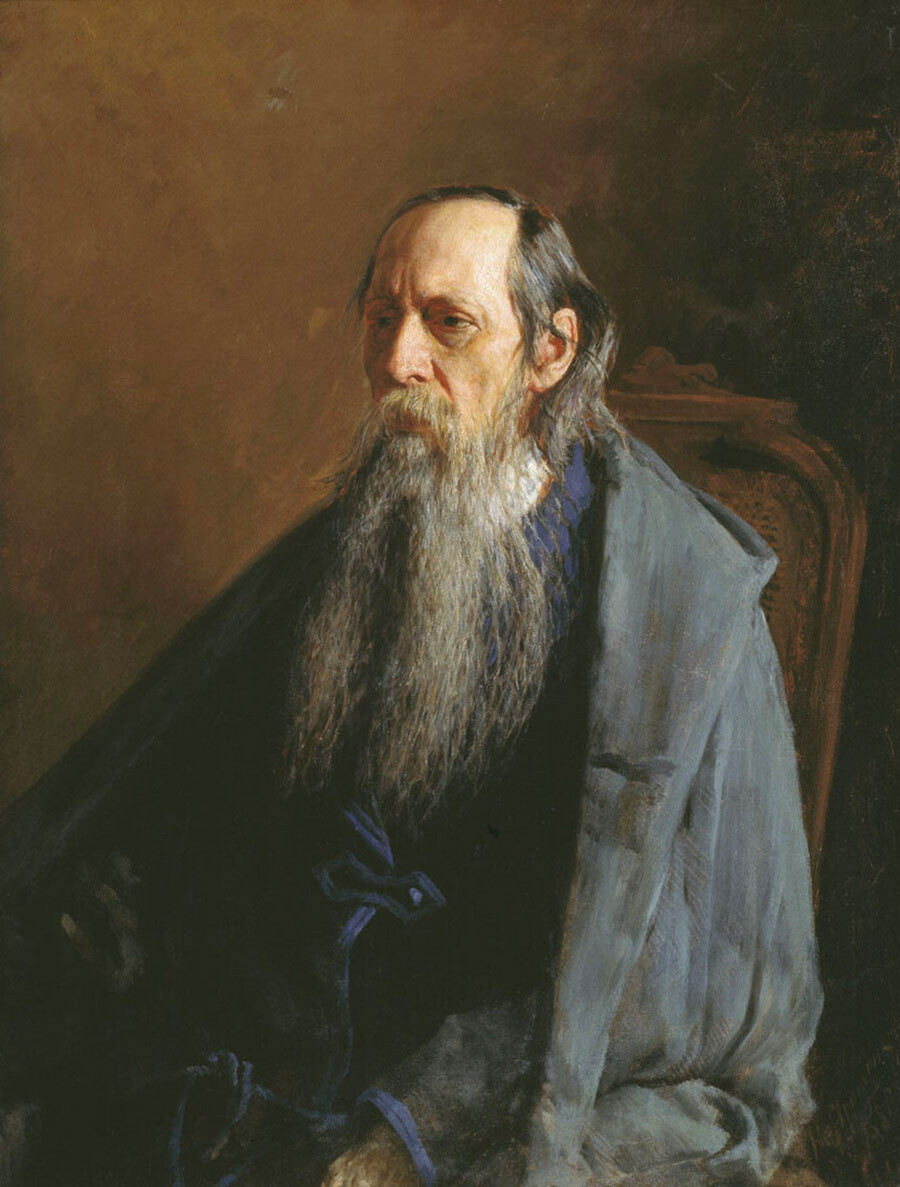
Even leaving for bodies of water did not solve the weather problem. Finding himself in Baden-Baden, Saltykov-Shchedrin was unpleasantly surprised: "The weather here was like in St. Petersburg all summer and now it’s out of hand. Rain for three days pouring down like a bucket, not a ray of sunshine and the cold is purely fall-like. I can't show my nose in the street. Really, some kind of bad luck is haunting me and I persist in the thought that staying in Russia until September would be better and more profitable."
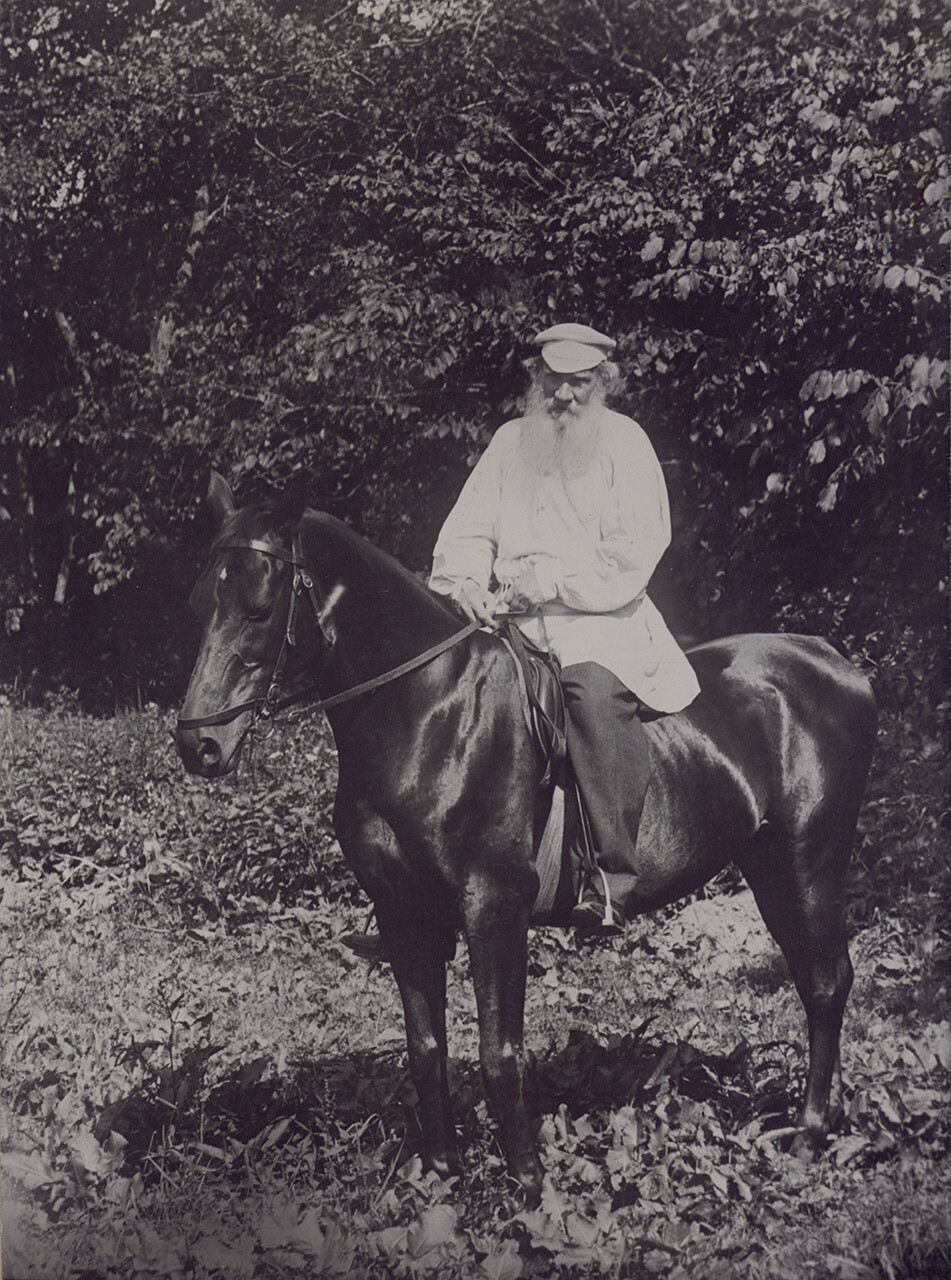
"At night, at the end of the month, before dawn in July. It's fresh, it's steamy. I'm going out on a date in a nook. I'm 17 years old. There's a charming peculiarity in a dewy July evening. The sun is obscured by long clouds, after an unbearably hot day," wrote Leo Tolstoy about the summer nights in his diaries.
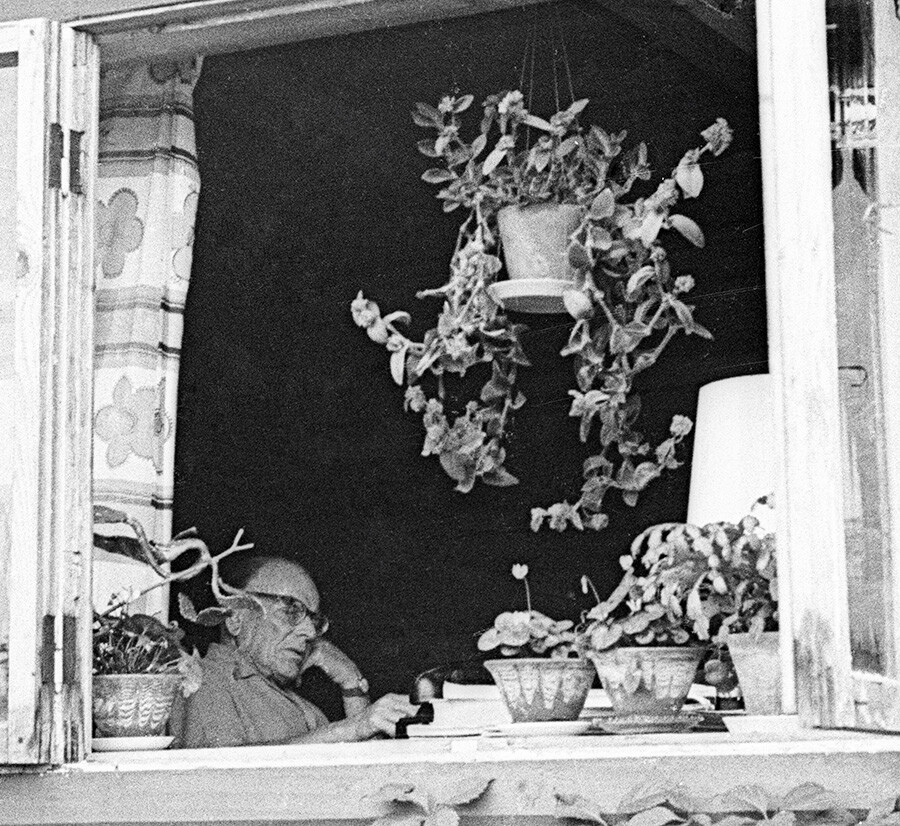
Konstantin Paustovsky was worried that time was running out: "Summer is passing, but there is no impression - time has gone mad, weeks are passing like hours. What is the matter? I don't understand."
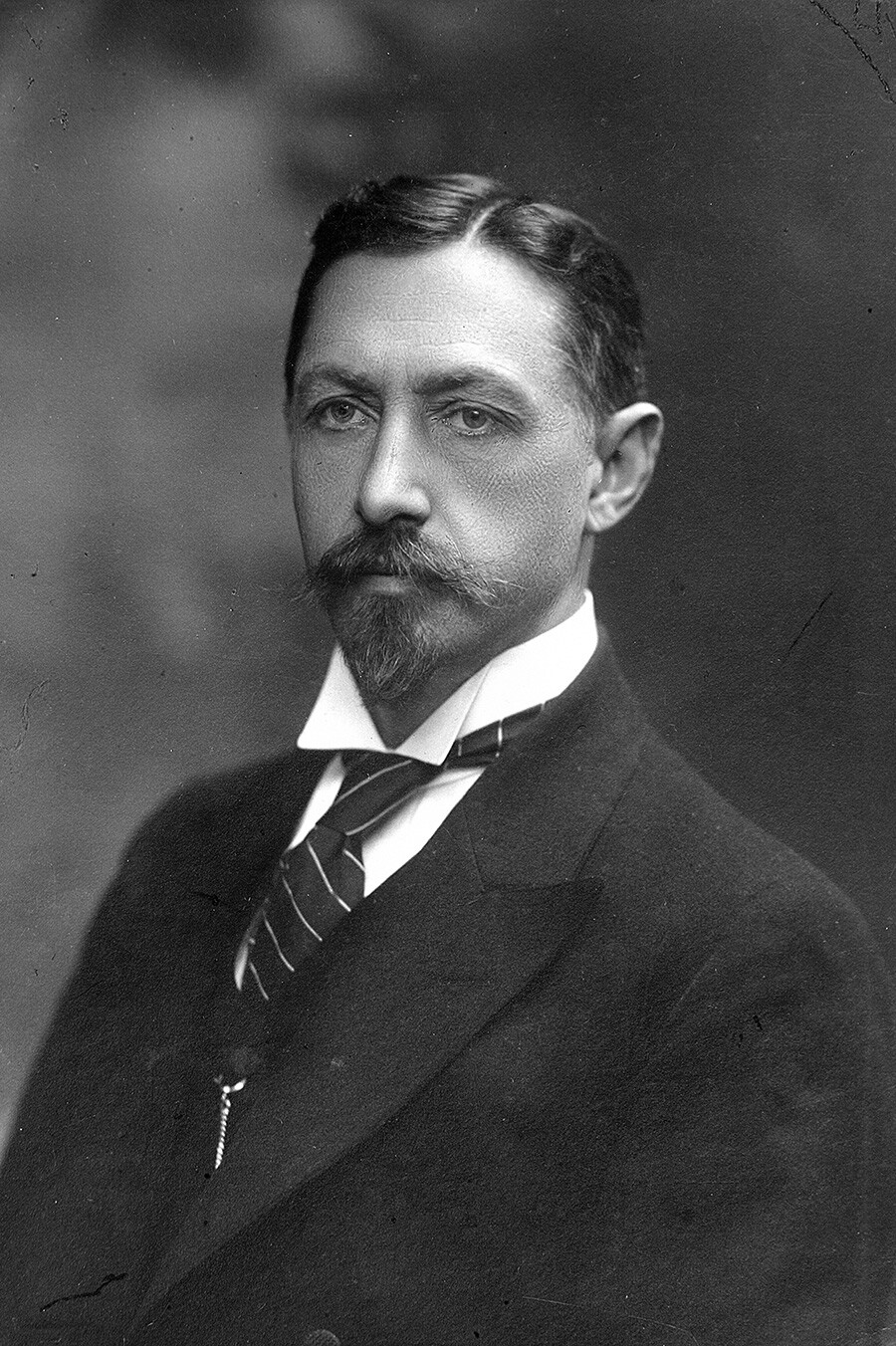
Like Ivan Bunin: "Every summer is a cruel betrayal. How many hopes, plans! And before you know it, it's already gone! And how many of them I have left, these years? You shudder at how few. How recent it was, for example, what it was seven years ago! And there's another seven, well, 14 - and the end! But a person cannot believe it."
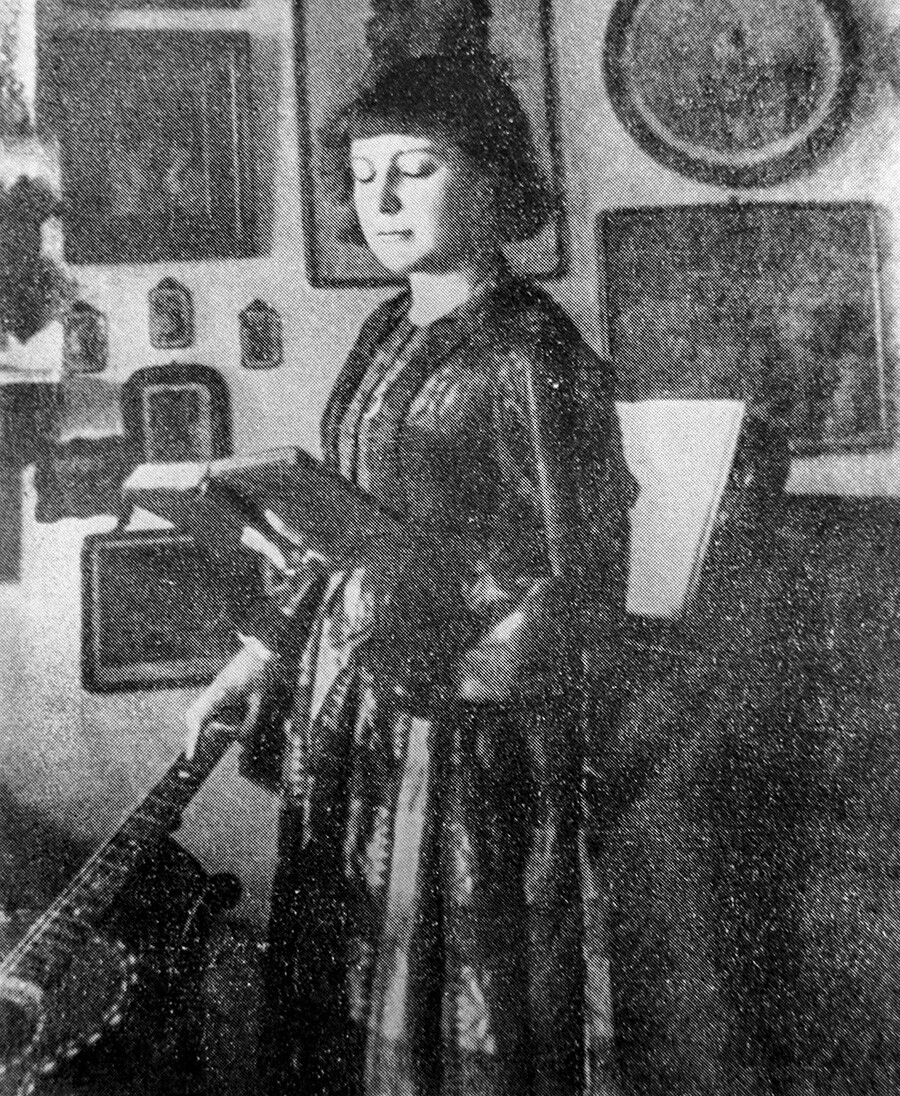
And Marina Tsvetaeva described a funny incident: "This summer, I was sitting on the sad after swimming. A huge white shaggy dog came and sat next to me. And so, Nadya: "It's strange to look at you, madam: on the one hand, one has too much on, and, on the other, one is missing something.”
Dear readers,
Our website and social media accounts are under threat of being restricted or banned, due to the current circumstances. So, to keep up with our latest content, simply do the following:
If using any of Russia Beyond's content, partly or in full, always provide an active hyperlink to the original material.
Subscribe
to our newsletter!
Get the week's best stories straight to your inbox